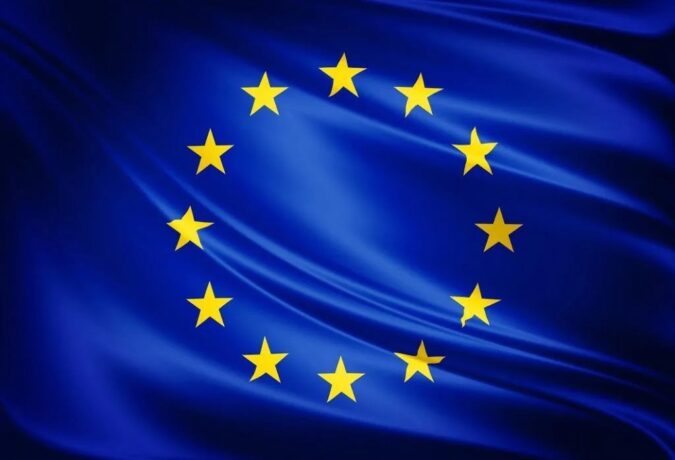 The European Union has demanded the release “without delay” of hundreds of people detained in protests across Russia on Sunday.
The European Union has demanded the release “without delay” of hundreds of people detained in protests across Russia on Sunday.
The US state department said protesters should be able to “exercise their rights without fear of retribution”.
The protesters urged PM Dmitry Medvedev to quit over corruption allegations.
Russia’s main opposition leader, Alexei Navalny, who called the protests and was one of those arrested, appeared at court on Monday.
Mr Navalny, 40, tweeted from the building: “Hello everyone from Tversky Court. The time will come when we will have them on trial (but honestly).”
He also said that Mr Medvedev should be summoned by the court as the chief organiser of the protests.
Mr Navalny has yet to go before a judge but is likely to face charges relating to organising banned protests and could be held for 15 days.
Sunday’s protests drew thousands of protesters nationwide, including in Saint Petersburg, Vladivostok, Novosibirsk, Tomsk and several other cities, as well as Moscow.
At least 500 protesters were detained. Most of the marches were organised without official permission.
TV pictures showed demonstrators chanting “Down with [Russian President Vladimir] Putin!”, “Russia without Putin!” and “Putin is a thief!”.
Correspondents say the marches appear to be the biggest since anti-government demonstrations in 2011 and 2012.
An EU spokesman said the Russian police action had “prevented the exercise of basic freedoms of expression, association and peaceful assembly, which are fundamental rights enshrined in the Russian constitution”.
The statement added: “We call on the Russian authorities to abide fully by the international commitments it has made… and to release without delay the peaceful demonstrators that have been detained.”
US state department spokesman Mark Toner said in a statement: “The Russian people, like people everywhere, deserve a government that supports an open marketplace of ideas, transparent and accountable governance, equal treatment under the law, and the ability to exercise their rights without fear of retribution.”
Mr Navalny called for the nationwide protests after he published reports claiming that Mr Medvedev controlled mansions, yachts and vineyards – a fortune that suggests income that far outstrips his official salary.
His report, posted on YouTube, has been viewed more than 11 million times.
It includes the accusation that Mr Medvedev had a special house for a duck on one of his properties – and on Sunday, some demonstrators held up images of yellow rubber ducks.
Others showed up with their faces painted green, a reference to a recent attack in which Mr Navalny was hit with green liquid.
The most prominent critic of President Putin, Mr Navalny began his anti-corruption campaign with blogs aimed at state-controlled companies in 2008.
He moved on to opposing the ruling party, United Russia, calling it the “party of crooks and thieves”.
He led massive protests following the 2011 election, the biggest in Moscow in December that year, after which he was arrested and jailed for 15 days.
He has said he will run for the presidency in 2018, but a court has convicted him of embezzlement, which would bar him. He denies the charges, calling the case farcical.
Very little. Russian state television completely ignored the protests on Sunday. Monday morning’s bulletins were similarly blank.
Mr Medvedev’s spokeswoman called the allegations against him “propagandistic attacks”.
When asked how he spent Sunday, the prime minister said simply on Instagram: “Had a good day, I went skiing”, and posted a smiley face.
The Kremlin has in the past branded the opposition as a Westernised urban elite with no connection to the issues facing the majority of Russians.
Pro-Kremlin newspapers also ignored the protests.
But the BBC’s Steve Rosenberg in Moscow says there was coverage in some others. Business daily Vedomosti reported a high level of dissatisfaction with the authorities, saying that the young generation had become politicised.
Another paper refers to “Putin’s disastrous anniversary” – the protests coming 17 years after the president took office – and says: “A few months ago, Alexei Navalny was seen as yesterday’s man who’d missed the bus. He hasn’t missed any bus.”
Posted by Juliet Ekwebelam (BBC)






















